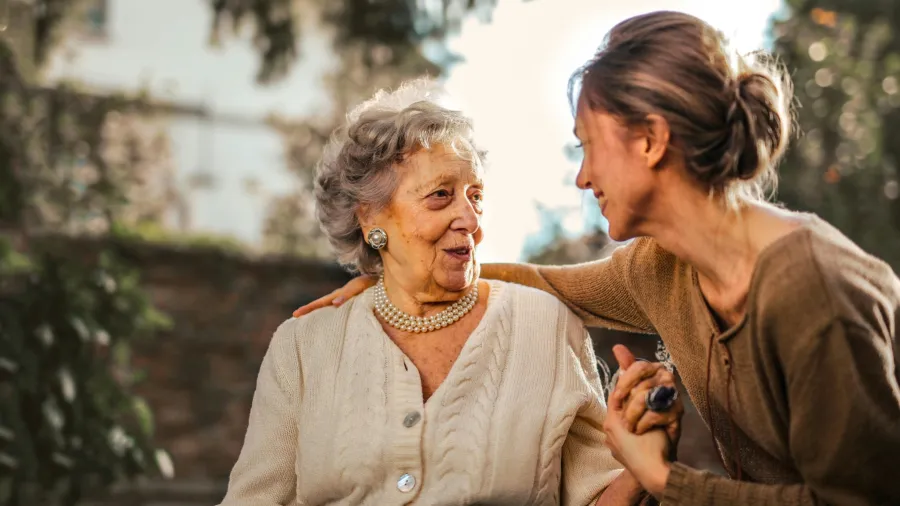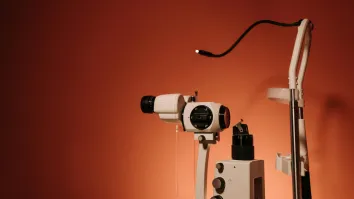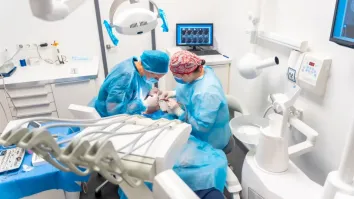
Informal caregivers provide $1.28b in value for aged care annually
This is equivalent to about 11% of the government's expenditure on healthcare.
The monetary value of time that informal caregivers in Singapore spend looking after seniors aged 75 years and older comes up to around $1.28b annually, according to a study by Duke-NUS Medical School.
This is equivalent to about 11% of the government’s expenditure on healthcare.
The ‘Caregiving Transitions among Family Caregivers of Elderly Singaporeans’ (TraCE) study conducted from 2019 to 2020 surveyed 278 pairs of primary or main informal caregivers and senior care recipients.
Primary informal caregivers were defined as family members or friends aged 21 and older who provide unpaid help to seniors for at least two out of three types of caregiving tasks: providing care directly; ensuring the provision of care; and making care and treatment decisions.
The study revealed that primary informal caregivers provided on average 33 hours of care each week, amounting to $15,959 a year.
Meanwhile, for secondary caregivers, the mean caregiving time was 8.4 hours per week, totaling up to $4,062 a year.
“Our estimates on the monetary value of informal caregiving time can inform economic evaluations of care models for seniors and policies for supporting caregivers, particularly in societies like Singapore that rely heavily on informal care,” said Associate Professor Rahul Malhotra, Deputy Director of Duke-NUS’ CARE and Principal Investigator of the TraCE study.
The proportion of residents aged 65 years and older has increased from 7.2% in 2000 to 16% in 2021.
By 2030, 23.8% will be aged 65 and above.



















 Advertise
Advertise





